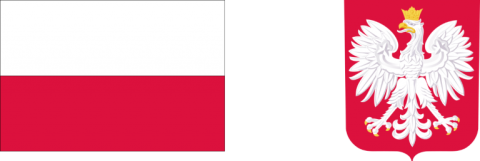Project name: SafeG - "Safety of GFR through innovative materials, technologies and processes"
SafeG project - Safety of GFR through innovative materials, technologies and processes / Ensuring safe operation of a GFR reactor through the use of advanced materials, technologies and processes. Project implemented under Horizon 2020 Euratom (H2020-Euratom) No. 945041 (project budget - EUR 249,469) and supported by the Ministry of Science and Higher Education with the amount of PLN 339,661 - contract No. 5168/H2020-Euratom/2021/2 dated 01.03.2022.
Project leader at NCBJ: dr hab. inż. Łukasz Kurpaska
NCBJ role: Project partner
Leader: VUJE AS – https: //www.vuje.sk
Partners: 15 Consortium Partners
Funding institution: European Commission
Programme: Horizon 2020 Euratom NFRP-2019-2020
Project duration: 48 months, project start 1 October 2020.
Abstract: Gas-cooled fast reactor (GFR) is considered as one of the six most promising advanced nuclear reactor technologies, supported worldwide by the Generation IV International Forum and ESNII in Europe. It excels in versatility, combining very high core outlet temperatures and the possibility to close the fuel cycle, allowing for very efficient and sustainable electricity and industrial heat production. The SafeG proposal presents a Research and Innovation action aiming at connecting developers of the ALLEGRO reactor (V4G4) with European and international experts having experience in GFR and HTR research, who will utilize their unique expertise, knowledge and experience, bringing fresh ideas to the GFR development to the SafeG project will bring the GFR research and development in Europe a major step forward. It is divided into 7 Work Packages, four of them dealing with open research and development problems of GFRs, namely the core safety and proliferation resistance (WP1), advanced materials and technologies (WP2), decay heat removal (WP3), standardization and codes (WP4). Additionally, a major part of the effort (15 % of the total budget) will be dedicated to education and training activities sheltered by WP5. Dissemination and outreach activities are included in WP6 while WP7 ensures smooth management and execution of the project. The main objectives of the SafeG project are: - To strengthen safety of the GFR demonstrator ALLEGRO - To review the GFR reference options in materials and technologies - To adapt GFR safety to changing needs in electricity production worldwide with increased and decentralized portion of nuclear electricity by study of various fuel cycles and their suitability from the safety and proliferation resistance points of view - To bring in students and young professionals, boosting interest in GFR research - To deepen the collaboration with international non-EU research teams, and relevant European and international bodies



